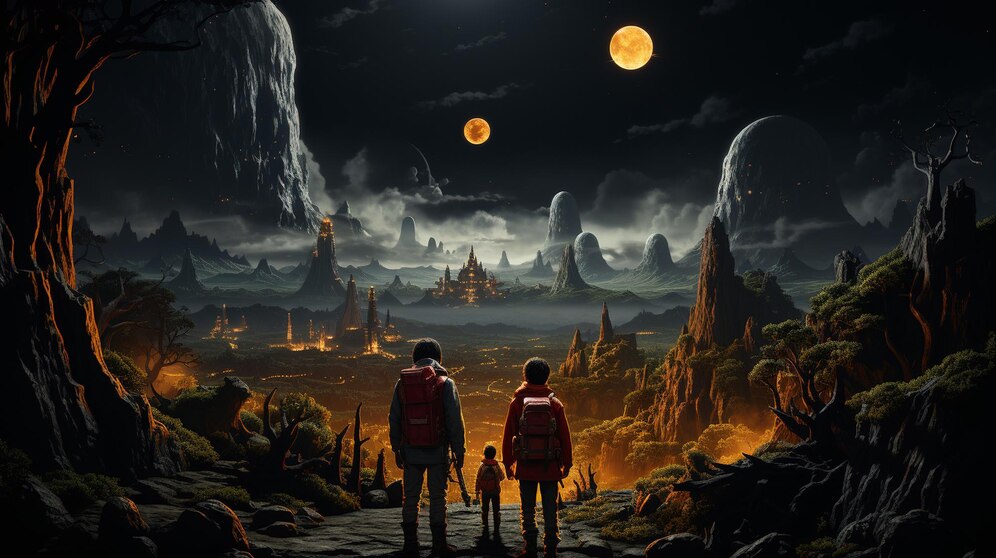In the illustrious tapestry of Indian music, few voices have left an indelible mark quite like that of Lata Mangeshkar. With a career spanning over seven decades, she is celebrated as the Nightingale of India, enchanting listeners with her mesmerizing vocals and soul-stirring renditions. In this tribute, we embark on a melodic journey through some of Lata Mangeshkar’s songs that have become immortalized in the hearts of music aficionados worldwide.
Table of Content
- Ek Pyar ka Nagma hai
- Lag jaa Gale
- Aap ki Nazron ne Samjha
- Ajeeb Dastan Hai Yeh
- Pyar Kiya to Darna Kya
- Tere Bina Zindagi se
- Tum Aa Gaye ho Noor Aa Gaya
- Satyam Shivam Sundhran
- Dil to Pagal Hai
- Luka Chuppi
- Conclusion
Ek Pyar ka Nagma Hai:
This patriotic anthem, composed by C. Ramchandra and penned by Pradeep, resonates deeply with the spirit of India. Lata’s emotive rendition, delivered during a live performance in 1963, evoked profound emotions and became synonymous with national pride.
Click here
Lag Jaa Gale:
From the classic film “Woh Kaun Thi?” composed by Madan Mohan and penned by Raja Mehdi Ali Khan, this hauntingly beautiful melody captures the essence of unrequited love. Lata’s poignant rendition, combined with Sadhana’s on-screen presence, makes this song an eternal favorite.
Click here
Aap Ki Nazron Ne Samjha:
Featured in the film “Anpadh,” this timeless gem composed by Madan Mohan and penned by Raja Mehdi Ali Khan, showcases Lata’s versatility and depth as a vocalist. Her tender delivery beautifully conveys the sentiments of love and admiration.
Ajeeb Dastan Hai Yeh:
Composed by Shankar-Jaikishan and penned by Shailendra, this evocative song from the film “Dil Apna Aur Preet Parai” remains a masterpiece of storytelling through music. Lata’s emotive rendition captures the complexities of human emotions with finesse.
Click here
Pyar Kiya To Darna Kya:
From the epic film “Mughal-e-Azam,” this iconic song composed by Naushad and penned by Shakeel Badayuni is a celebration of love’s defiance against all odds. Lata’s powerful vocals infuse the song with passion and intensity, leaving an everlasting impact.
Click here
Tere Bina Zindagi Se:
Composed by R.D. Burman and penned by Gulzar, this soulful duet from the film “Aandhi” is a testament to Lata Mangeshkar’s collaborative brilliance. Her velvety voice harmonizes seamlessly with Kishore Kumar’s, creating magic that transcends time.
Click here
Tum Aa Gaye Ho Noor Aa Gaya:
From the film “Aandhi,” this romantic melody composed by R.D. Burman and penned by Gulzar, epitomizes the euphoria of love’s reunion. Lata’s ethereal vocals, paired with Sanjeev Kumar and Suchitra Sen’s on-screen chemistry, make this song unforgettable.
Click here
Satyam Shivam Sundaram:
Composed by Laxmikant-Pyarelal and penned by Pandit Narendra Sharma, this devotional hymn from the film of the same name reflects the divine beauty of spirituality. Lata’s celestial voice adds a celestial dimension to the song, elevating it to a divine experience.
Click here
Dil To Pagal Hai:
From the film of the same name, composed by Uttam Singh and penned by Anand Bakshi, this romantic ballad captures the essence of love’s unpredictability. Lata’s mellifluous rendition, complemented by the enchanting visuals of Madhuri Dixit and Shah Rukh Khan, makes this song a timeless favorite.
Click here
Luka Chuppi:
From the film “Rang De Basanti,” composed by A.R. Rahman and penned by Prasoon Joshi, this soul-stirring melody explores the nuances of companionship and longing. Lata’s emotive vocals evoke a sense of nostalgia and introspection, resonating deeply with listeners.
Click here
Conclusion:
As we traverse through the vast repertoire of Lata Mangeshkar’s iconic songs, we are reminded of her unparalleled contributions to Indian music. Her velvety voice has not only entertained generations but also touched the soul of the nation, transcending barriers of language and culture. From timeless classics to soul-stirring ballads, her melodies continue to inspire and resonate with listeners worldwide, ensuring that the legacy of the Nightingale of India will endure for generations to come.
Follow us:




